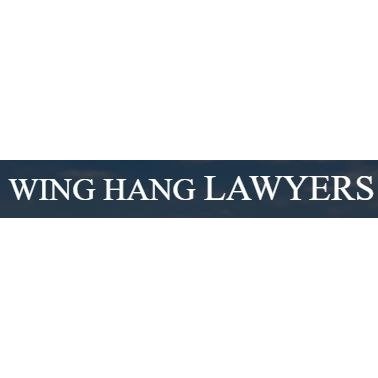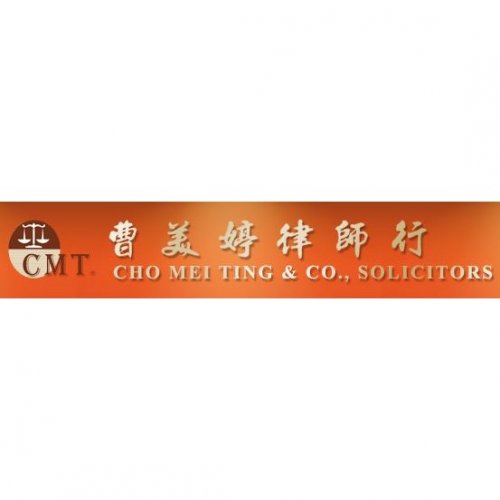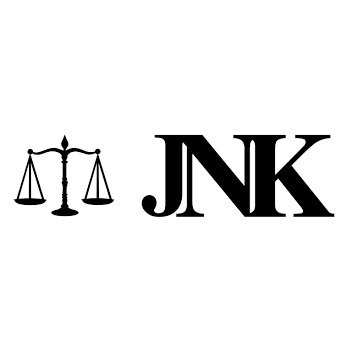Best Probate Lawyers in Kowloon
Share your needs with us, get contacted by law firms.
Free. Takes 2 min.
List of the best lawyers in Kowloon, Hong Kong
About Probate Law in Kowloon, Hong Kong
Probate law in Kowloon, Hong Kong, involves legal procedures that are followed after a person's death to manage and distribute their estate. If the deceased person had a will, the named executor(s) must apply for a Grant of Probate from the court. If there was no will (an "intestacy"), the process involves applying for Letters of Administration. All property, including assets, debts, and taxes, must be settled before distributions to the beneficiaries can be made as per the will or intestacy laws.
Why You May Need a Lawyer
Engaging a probate lawyer is crucial to navigate complex legal systems and to avoid potential misunderstandings or disputes among beneficiaries. You might need a lawyer in situations, such as when the deceased had significant debts, a complicated tax situation, owned a business, or had property overseas. Also, if there are disagreements among family members about the will, a lawyer can help mediate the situation and provide objective advice.
Local Laws Overview
Under the Probate and Administration Ordinance, all assets and properties of the deceased person in Hong Kong must go through a probate process. The order of priority for administering the estate is outlined in the Intestates' Estates Ordinance. If the estate's gross value exceeds $50,000, you'll need to apply to the High Court's Probate Registry. For estates of lower value, the application is typically made to the District Court. Additionally, the Inland Revenue Department should be notified of the death to handle any outstanding tax matters.
Frequently Asked Questions
What is the purpose of a Grant of Probate?
A Grant of Probate provides legal authority for the executor(s) named in a will to administer the deceased's estate. It confirms the validity of the will and authorizes the executor to collect the deceased’s assets, pay any debts, and distribute the remaining assets to the beneficiaries.
What if there is no will?
If there is no will, you need to apply for a Grant of Letters of Administration. This grants the legal authority to the administrators to deal with the deceased’s estate, according to the intestacy laws.
What is the time limit to apply for Probate or Letters of Administration?
There isn't a fixed time limit in Hong Kong to apply for a Grant of Probate or Letters of Administration, though it is advisable to do it as soon as practical after the person's death.
How is the estate divided if there is no will?
Under the Intestates' Estates Ordinance, if there is no will, the division of the estate follows a particular order, generally starting with the spouse, children, parents, then siblings, and so on.
Is it possible to object to a will?
Yes, it is possible for an interested party to challenge a will during the probate process if there exists any concern about its validity, undue influence, the mental capacity of the deceased when the will was made, etc. This is a complex legal matter, and consultation with a lawyer is advised.
Additional Resources
Probate Registry of the High Court and the Legal Aid Department offer valuable advice and information about the probate process. The Judiciary's website provides several probate-related forms, while the Inland Revenue Department website contains information regarding tax implications.
Next Steps
If you require legal assistance in probate, it is recommended to consult with a lawyer or legal advisor, familiar with the probate laws and procedures in Kowloon. Make sure to gather all necessary information, including the details of the deceased's assets and debts, a copy of the will if there's one, and other relevant details. A lawyer will guide you on the appropriate steps and procedures to follow, ensuring a smooth handling of the probate process.
Lawzana helps you find the best lawyers and law firms in Kowloon through a curated and pre-screened list of qualified legal professionals. Our platform offers rankings and detailed profiles of attorneys and law firms, allowing you to compare based on practice areas, including Probate, experience, and client feedback.
Each profile includes a description of the firm's areas of practice, client reviews, team members and partners, year of establishment, spoken languages, office locations, contact information, social media presence, and any published articles or resources. Most firms on our platform speak English and are experienced in both local and international legal matters.
Get a quote from top-rated law firms in Kowloon, Hong Kong — quickly, securely, and without unnecessary hassle.
Disclaimer:
The information provided on this page is for general informational purposes only and does not constitute legal advice. While we strive to ensure the accuracy and relevance of the content, legal information may change over time, and interpretations of the law can vary. You should always consult with a qualified legal professional for advice specific to your situation.
We disclaim all liability for actions taken or not taken based on the content of this page. If you believe any information is incorrect or outdated, please contact us, and we will review and update it where appropriate.











